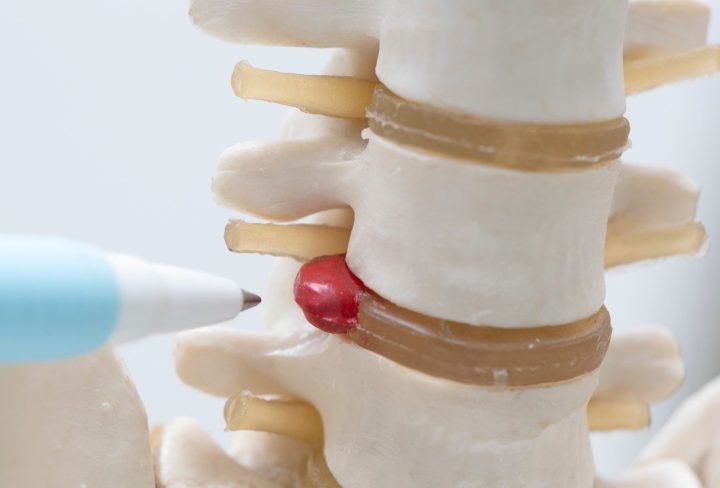Herniated discs are a common spinal injury that can cause pain, numbness, and weakness in the affected area, and can even result in nerve damage if left untreated. While most people are aware of some of the more common causes of herniated discs, such as aging, excessive weight, and repetitive motions, there are several surprising causes that many people are not aware of. In this blog, we will explore 5 surprising causes of herniated discs that you need to know about.
Smoking
Smoking has been linked to many health problems, but did you know that it can also increase your risk of developing a herniated disc? Studies have shown that smoking can damage the discs in your spine, making them more susceptible to injury and herniation. Quitting smoking can help reduce your risk of developing a herniated disc, as well as improve your overall health.
Poor Posture
Poor posture is a common problem in today’s society, as many people spend hours each day sitting at a desk or staring at a screen. However, poor posture can also put extra pressure on the discs in your spine, making them more likely to herniate. To prevent this, it is important to maintain good posture while sitting, standing, and lifting.
High Heels
Wearing high heels can look fashionable, but it can also put a lot of stress on your spine. The position of your feet in high heels can change the alignment of your spine, putting extra pressure on the discs and making them more likely to herniate. Wearing comfortable, supportive shoes can help reduce your risk of developing a herniated disc.
Dehydration
Dehydration can have many negative effects on your body, including increasing your risk of developing a herniated disc. The discs in your spine are made up of water, and when you are dehydrated, they can become less pliable and more likely to herniate. Staying hydrated by drinking plenty of water can help keep your discs healthy and reduce your risk of injury.
Emotional Stress
Emotional stress can have a significant impact on your physical health, including your risk of developing a herniated disc. When you are stressed, your body releases hormones that can cause the muscles in your back to tense up, putting extra pressure on the discs in your spine. Finding ways to manage stress, such as through exercise or meditation, can help reduce your risk of developing a herniated disc.
If you do experience symptoms of a herniated disc, it is important to seek medical attention to receive proper diagnosis and treatment.

